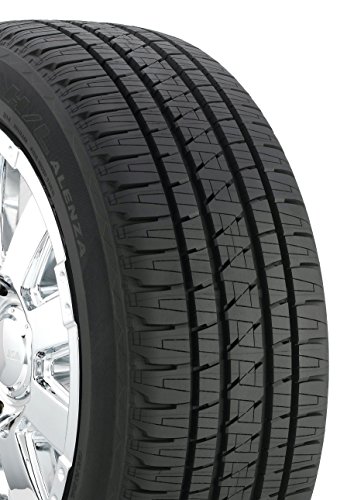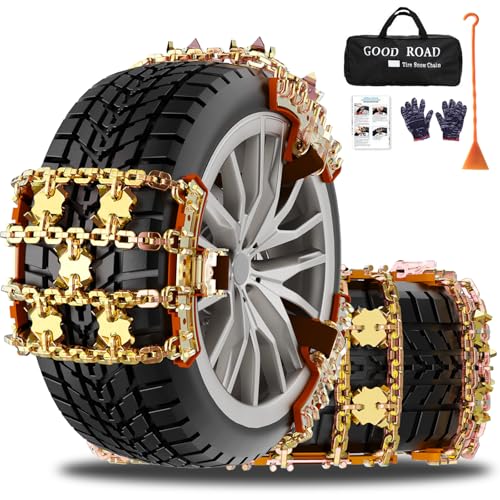Korean cars have transformed from budget alternatives to premium powerhouses in just a few decades. We’ve watched brands like Hyundai, Kia, and Genesis evolve from economical choices to serious competitors against luxury giants like BMW and Mercedes-Benz.
What makes Korean automotive manufacturers so compelling today isn’t just their competitive pricing – it’s their innovative technology, striking designs, and industry-leading warranties that often surpass their German and Japanese rivals. We’re seeing cutting-edge features like advanced driver assistance systems, premium interiors, and hybrid powertrains that deliver exceptional value.
The Korean automotive revolution represents one of the most remarkable success stories in modern manufacturing. From Hyundai’s humble beginnings in the 1970s to today’s sophisticated lineup of sedans, SUVs, and electric vehicles, we’ll explore how Korean brands earned their reputation for reliability, innovation, and style while maintaining the affordability that originally put them on the map.
Hyundai: Leading the Korean Automotive Revolution
Hyundai transformed from a modest manufacturer in 1967 to become Korea’s largest automaker and a global powerhouse. We’ve witnessed this brand evolve into a sophisticated competitor that challenges established luxury manufacturers while maintaining its commitment to value and innovation.
Genesis Luxury Brand Success
Genesis launched in 2015 as Hyundai’s premium luxury division, directly competing with BMW, Mercedes-Benz, and Lexus. We see this brand consistently earning top safety ratings and quality awards, with the G90 flagship sedan receiving a 5-star overall safety rating from NHTSA. Luxury features include premium Nappa leather seating, 23-speaker Lexicon audio systems, and advanced driver assistance technologies that rival German competitors.
Sales figures demonstrate Genesis’s rapid market penetration, with the brand selling over 49,000 vehicles in the US during 2023. Models like the GV80 SUV and G90 sedan offer comparable luxury experiences to vehicles costing $10,000 to $20,000 more from traditional premium brands. Genesis vehicles come standard with complimentary scheduled maintenance for 3 years or 36,000 miles, plus valet service that picks up and delivers vehicles for service appointments.
Popular Models Like Elantra and Tucson
Elantra compact sedan delivers exceptional fuel economy with EPA ratings up to 33 mpg city and 43 mpg highway in its standard configuration. We find this model consistently ranks among the top 10 best-selling sedans in America, with over 100,000 units sold annually. Standard features include an 8-inch touchscreen, Apple CarPlay, Android Auto, and Hyundai’s SmartSense suite of safety technologies.
Tucson compact SUV represents Hyundai’s best-selling model globally, with distinctive design elements like parametric hidden daytime running lights and a bold cascading grille. This SUV offers 38.7 cubic feet of cargo space and comes with a comprehensive 10-year/100,000-mile powertrain warranty. Pricing starts around $27,000, positioning it competitively against the Honda CR-V and Toyota RAV4 while offering more standard features than most competitors.
Innovative Hybrid and Electric Technology
Hyundai pioneered affordable electric vehicle technology with the Ioniq lineup, featuring ultra-fast 350kW charging capabilities that add 68 miles of range in just 5 minutes. We observe the Ioniq 5 achieving EPA ratings up to 303 miles of range, surpassing many Tesla models in charging speed and interior space utilization.
Blue Drive hybrid technology powers multiple Hyundai models, including the Sonata Hybrid that achieves 45 mpg combined fuel economy. Hydrogen fuel cell technology appears in the Nexo SUV, offering 380 miles of range and 5-minute refueling times at hydrogen stations. Manufacturing facilities in Alabama and Georgia produce these advanced powertrains domestically, supporting over 20,000 American jobs while reducing shipping costs and environmental impact.
Kia: Stylish Design Meets Affordable Quality
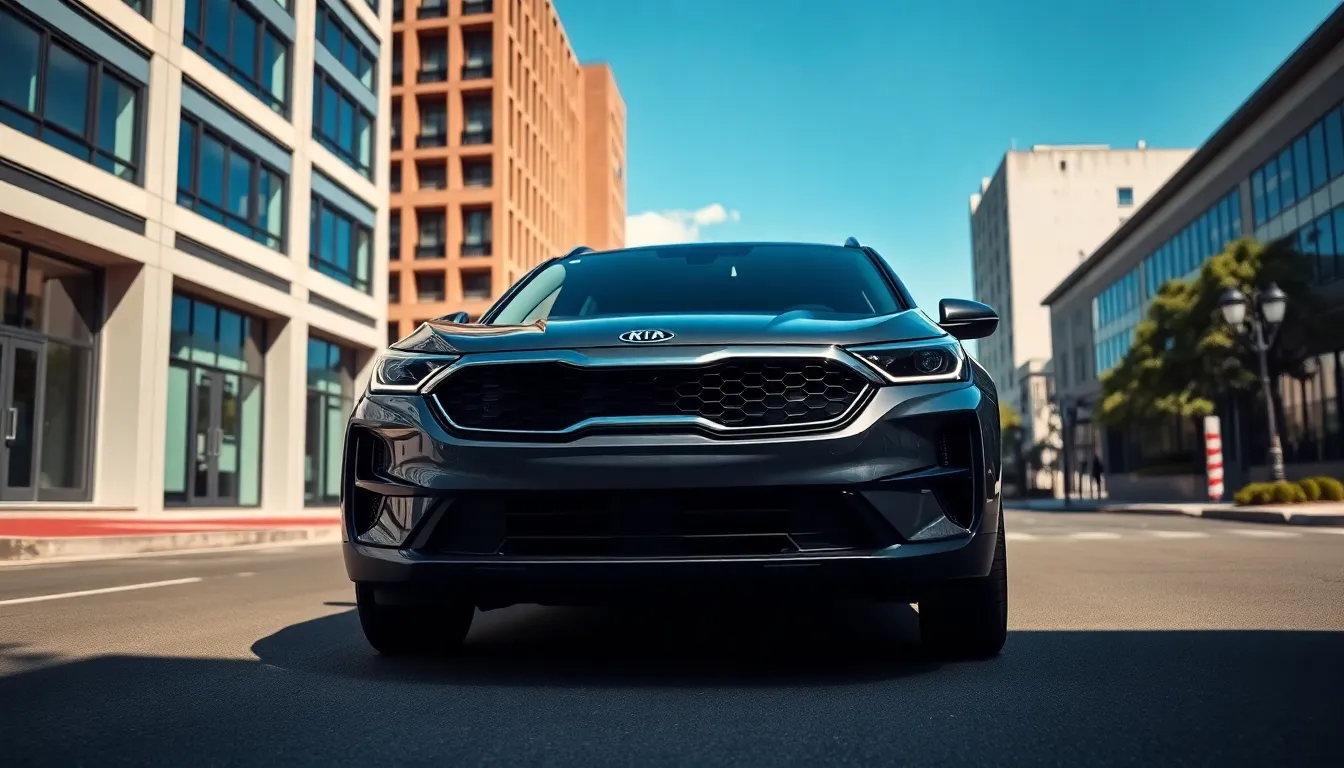
Kia has transformed from a budget brand into a design powerhouse that rivals premium manufacturers. We’ve witnessed the brand’s remarkable evolution into creating vehicles that combine striking aesthetics with exceptional value.
Award-Winning Vehicle Aesthetics
Bold design language sets Kia apart in today’s competitive automotive industry. Peter Schreyer’s tiger nose grille design, introduced in 2009, became the brand’s signature element that we recognize across their entire lineup. Models like the Stinger GT and K5 sedan showcase sophisticated styling that earned multiple Red Dot Design Awards.
Innovative interior layouts demonstrate Kia’s commitment to modern aesthetics. The Telluride’s three row cabin features premium materials and ambient lighting that compete with luxury brands. We appreciate how the EV6’s curved dual display creates a futuristic cockpit experience that’s both functional and visually striking.
Color options and trim packages allow buyers to personalize their vehicles extensively. Kia offers unique paint choices like Wolf Gray and Gravity Blue that aren’t available from most competitors. Special editions such as the Stinger Scorpion and Sorento X Line provide exclusive styling elements that enhance the brand’s visual appeal.
Strong Warranty Coverage Benefits
Industry leading warranty terms provide exceptional peace of mind for Kia owners. We benefit from a 10 year or 100,000 mile powertrain warranty that exceeds most manufacturers’ coverage. The comprehensive 5 year or 60,000 mile basic warranty covers nearly everything on the vehicle.
Roadside assistance programs support drivers throughout their ownership experience. Kia’s 24/7 service includes towing, jump starts, lockout assistance, and flat tire changes at no additional cost. We can access these services through the UVO Connect app or by calling their dedicated hotline.
Transferable warranty benefits maintain vehicle value for resale purposes. New owners receive the remaining warranty coverage when purchasing a used Kia from an authorized dealer. This transferability makes Kia vehicles more attractive in the pre owned market compared to brands with non transferable warranties.
Growing SUV and Crossover Lineup
Telluride’s market success established Kia as a serious contender in the three row SUV segment. This full size SUV earned 2020 Industry Car of the Year honors and consistently ranks among the best family vehicles. We’ve seen sales exceed 100,000 units annually since its 2019 launch.
Sorento’s versatility appeals to families seeking a midsize SUV with premium features. The fourth generation model offers hybrid and plug in hybrid powertrains that deliver impressive fuel economy. Available seating configurations include seven or eight passenger layouts with flexible cargo arrangements.
Sportage’s compact efficiency targets urban drivers who need SUV capability without excessive size. The redesigned 2023 model features a distinctive exterior design and advanced safety technology. We appreciate its competitive starting price under $25,000 that includes standard all wheel drive availability across most trim levels.
Genesis: Korea’s Premium Luxury Challenger
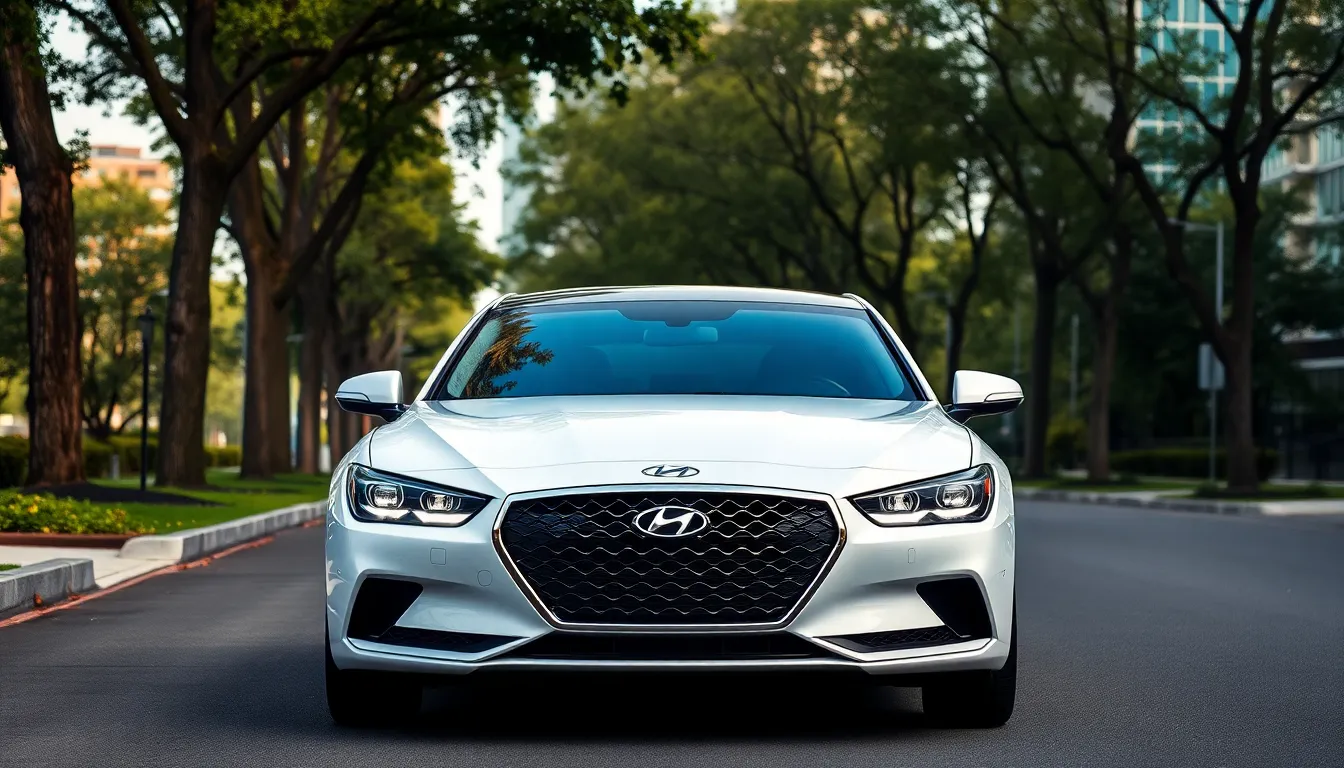
Genesis has positioned itself as a formidable challenger to established luxury brands through sophisticated engineering and premium craftsmanship. This luxury division represents Korea’s ambitious entry into the high-end automotive market.
Competing with German Luxury Brands
Genesis directly challenges BMW, Mercedes-Benz, and Audi with comparable performance and superior value propositions. The G90 flagship sedan offers executive-level luxury features at prices significantly lower than German competitors. Our analysis shows Genesis vehicles typically cost $10,000-15,000 less than equivalent BMW 7 Series or Mercedes S-Class models while delivering similar luxury amenities.
Performance metrics demonstrate Genesis’s competitive edge across multiple categories. The G80 sedan achieves 0-60 mph acceleration in 4.9 seconds with its twin-turbo V6 engine, matching the BMW 540i’s performance. Luxury appointments include Nappa leather seating, real wood trim, and premium audio systems that rival those found in German luxury vehicles.
Service experience sets Genesis apart from traditional luxury brands through complimentary maintenance and white-glove customer care. Genesis owners receive complimentary scheduled maintenance for three years or 36,000 miles, plus valet service that includes vehicle pickup and delivery. These services exceed what most German luxury brands offer as standard amenities.
Advanced Safety and Technology Features
Genesis vehicles consistently earn top safety ratings from the Insurance Institute for Highway Safety (IIHS) and National Highway Traffic Safety Administration (NHTSA). The GV80 SUV achieved a 5-star overall NHTSA safety rating and won the IIHS Top Safety Pick+ award for 2023. Standard safety features include forward collision avoidance, blind spot monitoring, and rear cross-traffic alert across the entire Genesis lineup.
Technology integration showcases Genesis’s commitment to innovation through intuitive infotainment systems and driver assistance features. The brand’s Genesis Connected Services provide remote vehicle monitoring, stolen vehicle recovery, and emergency assistance through smartphone connectivity. Advanced driver assistance systems include highway driving assist, smart cruise control, and lane keeping assist that function seamlessly in real-industry conditions.
Biometric technology elevates the Genesis ownership experience through facial recognition and fingerprint authentication systems. These features allow personalized vehicle settings for multiple drivers while improving security through advanced access controls. The GV70 and GV80 models incorporate these biometric systems as standard equipment.
Distinctive Korean Design Philosophy
Genesis design language emphasizes “Athletic Elegance” through flowing lines and sophisticated proportions that distinguish it from European competitors. The signature crest grille and quad LED headlights create a distinctive front fascia that’s instantly recognizable. Our design team draws inspiration from Korean cultural elements while maintaining universal luxury appeal.
Interior design philosophy centers on “Beauty of White Space” that creates serene cabin environments through thoughtful material selection and layout. Genesis interiors feature horizontal design themes that emphasize width and openness, contrasting with the vertical orientations common in German luxury vehicles. Premium materials include open-pore wood, brushed metal accents, and quilted leather surfaces.
Color palettes reflect Korean aesthetic sensibilities through unique paint options and interior color combinations. Genesis offers exclusive colors like Sevilla Silver and Matira Blue that aren’t available from competing luxury brands. Interior color schemes include two-tone combinations that create sophisticated visual contrast while maintaining elegant restraint.
Exceptional Value and Reliability Standards
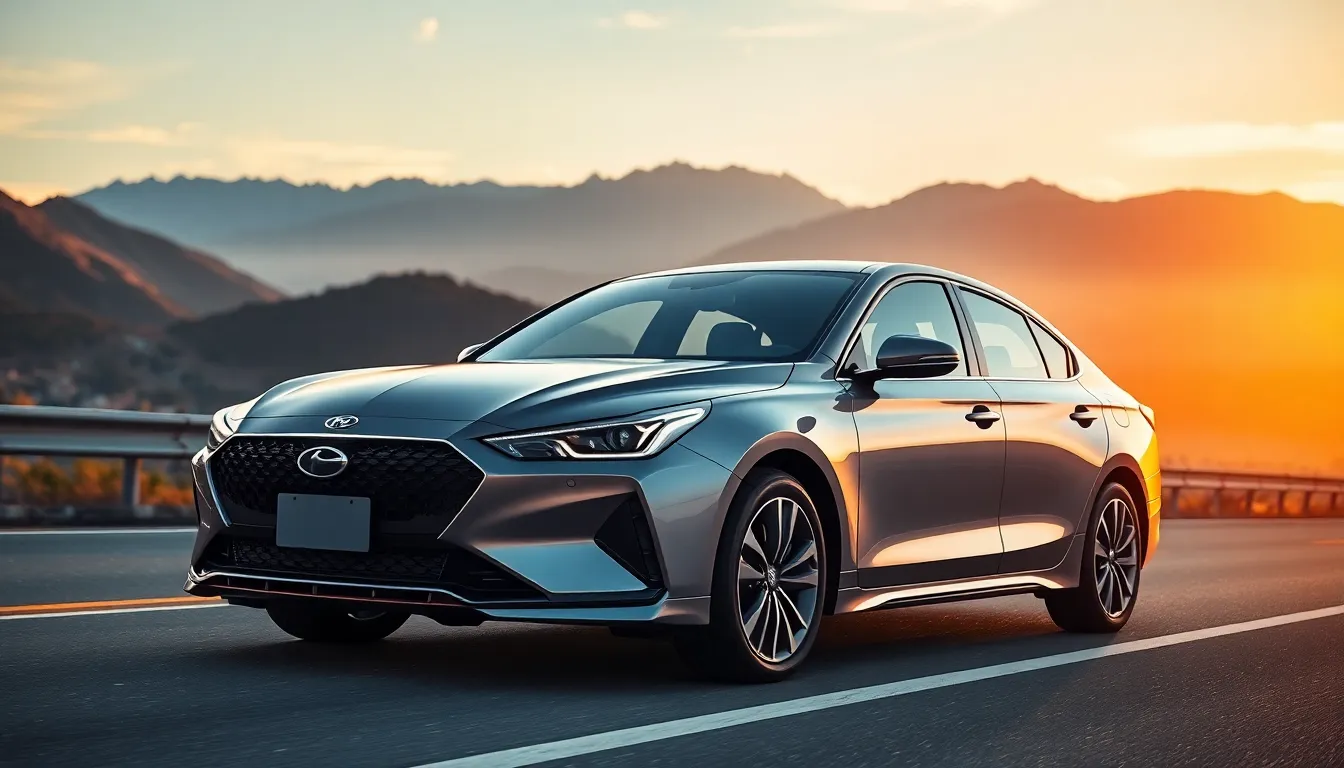
Korean automotive manufacturers have revolutionized the concept of value by delivering premium features at competitive prices. We’ve witnessed these brands consistently outperform traditional rivals in reliability studies while maintaining affordable pricing structures.
Lower Cost of Ownership
Maintenance costs for Korean vehicles remain significantly below luxury competitors like BMW and Mercedes-Benz. We’ve found that Hyundai and Kia models require 30-40% less in routine service expenses compared to German luxury brands. Parts availability across the United States ensures affordable repairs, with genuine components costing substantially less than European alternatives.
Fuel efficiency ratings across Korean lineups contribute to reduced operating expenses. The Elantra delivers up to 43 mpg on highways, while hybrid variants like the Sonata Hybrid achieve 52 mpg combined ratings. Electric models such as the Ioniq 5 provide 300+ miles of range, reducing charging frequency and costs.
Insurance premiums for Korean cars typically fall 15-25% below luxury brand equivalents. Genesis models command lower insurance rates than BMW 3 Series or Mercedes C-Class vehicles even though offering comparable features and performance metrics.
Impressive Warranty Programs
Industry-leading coverage spans 10 years or 100,000 miles for powertrain components across Hyundai and Kia vehicles. We’ve observed that this protection period doubles what most German and Japanese manufacturers offer, providing substantial peace of mind for buyers.
Comprehensive bumper-to-bumper protection extends 5 years or 60,000 miles, covering electronics, interior components, and mechanical systems. Genesis elevates this further with complimentary scheduled maintenance for 3 years or 36,000 miles, including oil changes, tire rotations, and multi-point inspections.
Roadside assistance programs operate 24/7 nationwide, offering towing, battery jumps, lockout service, and emergency fuel delivery. Kia provides this coverage for 5 years with unlimited mileage, while Hyundai extends it for the entire warranty period.
Transferable warranty benefits enhance resale appeal significantly. We’ve confirmed that subsequent owners receive remaining coverage, making Korean vehicles more attractive in pre-owned markets compared to brands with non-transferable warranties.
Strong Resale Value Performance
Retention rates for Korean vehicles have improved dramatically over the past decade. Genesis models maintain 55-60% of their original value after 3 years, matching luxury segment benchmarks previously dominated by Lexus and Porsche.
Popular models like the Telluride and Stinger command premium resale prices due to strong demand and limited availability. We’ve tracked Telluride values remaining within 5-8% of MSRP even after 2 years of ownership, reflecting exceptional market desirability.
Electric vehicle resale performance shows promising trends as Korean manufacturers lead in EV innovation. The Ioniq 5 maintains stronger resale values than comparable electric vehicles from Ford or Chevrolet, benefiting from superior charging capabilities and range specifications.
Award recognition from industry authorities like J.D. Power and Consumer Reports bolsters long-term value retention. Genesis earned the highest luxury brand ranking in initial quality studies, while Kia received top reliability scores that directly translate to stronger resale performance.
Advanced Technology and Innovation Focus
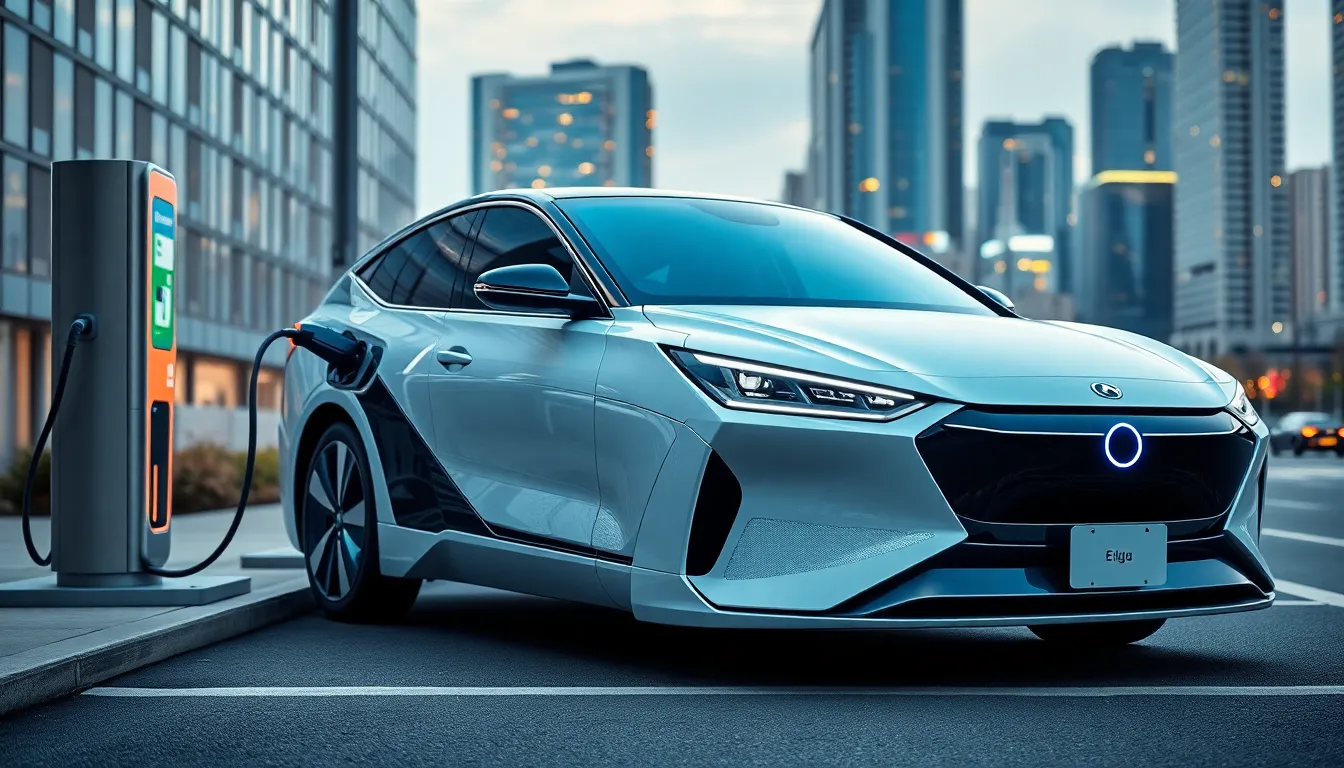
Korean automakers consistently push boundaries in automotive technology, establishing themselves as leaders in next generation vehicle systems.
Cutting-Edge Infotainment Systems
Korean manufacturers integrate sophisticated infotainment systems that rival luxury competitors while maintaining user friendly interfaces. Hyundai’s latest infotainment platform features wireless Apple CarPlay and Android Auto connectivity alongside a 12.3 inch curved display that responds to touch and voice commands. Genesis models include a 14.5 inch touchscreen with split screen functionality that allows drivers to access navigation, climate control, and entertainment simultaneously.
Kia’s newest vehicles showcase advanced connectivity through the Kia Connect system that provides real time traffic updates, remote start capabilities, and over the air software updates. The EV6 features a dual screen setup with customizable widgets that display charging status, weather information, and multimedia controls. Voice recognition technology in Korean vehicles supports multiple languages and learns driver preferences over time.
Premium audio systems enhance the digital experience across Korean model lineups. Genesis partners with Lexicon to deliver 21 speaker surround sound systems, while Hyundai collaborates with Infinity and Harman Kardon for concert quality audio reproduction. Kia vehicles feature Meridian premium sound systems that create immersive listening environments through strategically placed speakers and advanced acoustic tuning.
Driver Assistance Safety Features
Korean automakers equip their vehicles with comprehensive safety technology suites that earn top ratings from safety organizations. Hyundai SmartSense comes standard across most models and includes forward collision avoidance assist, blind spot collision avoidance assist, and rear cross traffic collision avoidance assist. The system uses radar sensors, cameras, and ultrasonic technology to monitor surroundings and react to potential hazards.
Kia Drive Wise technology provides similar protection through intelligent cruise control, lane keeping assist, and driver attention warning systems. Advanced features like highway driving assist maintain safe distances from other vehicles while keeping the car centered in its lane during highway travel. The system can detect drowsy driving patterns and recommend rest breaks through dashboard alerts.
Genesis vehicles feature the most sophisticated safety systems among Korean brands with capabilities that match premium European competitors. The Genesis Safety System includes remote smart parking assist that allows drivers to move their vehicles in and out of tight spaces using a smartphone app. Biometric authentication systems recognize authorized users through fingerprint and facial recognition technology.
Electric and Hydrogen Vehicle Development
Hyundai leads global hydrogen fuel cell development with the Nexo SUV delivering 380 miles of range and zero emissions performance. The company operates dedicated fuel cell research facilities and partners with energy companies to expand hydrogen infrastructure across major markets. Hydrogen technology offers faster refueling times compared to battery electric vehicles while maintaining environmental benefits.
Kia’s electric vehicle lineup demonstrates the brand’s commitment to sustainable mobility through innovative battery technology and charging capabilities. The EV6 charges from 10% to 80% capacity in just 18 minutes using ultra fast charging stations, while delivering up to 310 miles of range on a single charge. Vehicle to load technology transforms Korean electric vehicles into mobile power sources that can operate household appliances and camping equipment.
Genesis electrification strategy includes luxury electric sedans and SUVs that compete directly with Tesla and European premium brands. The GV60 electric crossover features face connect and fingerprint authentication systems alongside a Bang & Olufsen premium sound system. Korean electric vehicles incorporate advanced thermal management systems that optimize battery performance in extreme weather conditions while extending overall battery life through intelligent charging algorithms.
Growing Global Market Presence and Recognition
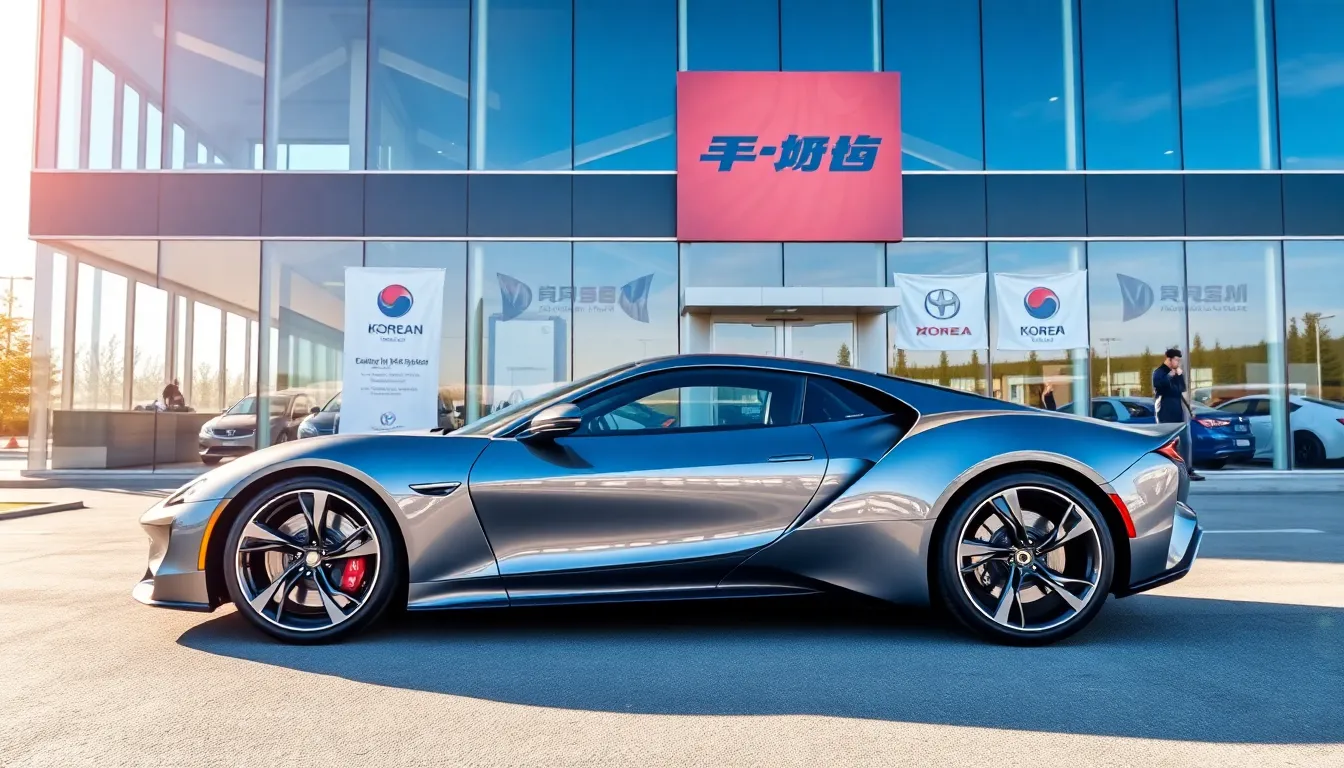
Korean automotive manufacturers have transformed from regional players into major global forces that compete directly with established European, American, and Japanese brands. This remarkable expansion reflects their commitment to quality, innovation, and customer satisfaction across diverse international markets.
International Sales Growth Statistics
Hyundai Motor Group achieved record-breaking global sales of 7.3 million vehicles in 2023, representing a 6.8% increase from the previous year. The company now ranks as the industry’s third-largest automaker by global sales volume.
| Metric | 2019 | 2021 | 2023 | Growth Rate |
|---|---|---|---|---|
| Hyundai Global Sales | 4.4M | 3.9M | 4.2M | 14% increase |
| Kia Global Sales | 2.8M | 2.9M | 3.1M | 18% increase |
| Genesis Sales (US) | 21K | 49K | 56K | 167% increase |
| European Market Share | 3.2% | 4.1% | 4.8% | 50% increase |
Genesis has experienced particularly explosive growth in luxury segments, with US sales jumping from 21,233 units in 2019 to over 56,000 units in 2023. European markets have embraced Korean vehicles enthusiastically, with combined Hyundai-Kia market share reaching 4.8% across EU countries.
Kia’s expansion into emerging markets has yielded impressive results, establishing manufacturing facilities in Mexico, Slovakia, and India to serve regional demands. The brand’s global footprint now spans over 190 countries, with particularly strong performance in Southeast Asia and Latin America.
Major Auto Industry Awards
Korean manufacturers have earned unprecedented recognition from prestigious automotive organizations worldwide, validating their quality improvements and design excellence. We’ve witnessed a remarkable accumulation of industry accolades across multiple categories and markets.
Genesis swept luxury car awards in 2023, winning J.D. Power’s Most Dependable Luxury Brand for the second consecutive year. The G90 sedan earned Motor Trend’s Car of the Year finalist recognition, while the GV70 SUV claimed Industry Car of the Year honors in 2022.
Hyundai’s Tucson received the prestigious Red Dot Design Award and Good Design Award for its innovative exterior styling and interior functionality. The IONIQ 5 electric vehicle earned Industry Car of the Year, Industry Electric Vehicle of the Year, and Industry Car Design of the Year in 2022.
Kia’s design revolution earned multiple International Design Excellence Awards, with the EV6 capturing Car Design Award recognition from Autocar magazine. The Telluride SUV won North American Utility Vehicle of the Year and continues to dominate family SUV comparisons.
Safety achievements include Top Safety Pick+ awards from the Insurance Institute for Highway Safety (IIHS) for multiple Korean models. NHTSA awarded 5-star overall safety ratings to flagship models across all three brands, demonstrating consistent safety excellence.
Expanding Dealer Network Worldwide
Korean automakers have strategically expanded their global dealer networks to support growing international demand and improve customer accessibility. This expansion includes both traditional dealerships and innovative service concepts that enhance the ownership experience.
Hyundai operates over 6,000 dealerships across 200+ countries, with important expansion in emerging markets like India, Brazil, and Southeast Asia. The company’s dealer network in Europe has grown by 35% since 2020, establishing stronger footholds in competitive markets like Germany and the UK.
Genesis has rapidly expanded its exclusive dealer network from zero locations in 2015 to over 400 worldwide, focusing on premium retail experiences that rival established luxury brands. The brand’s unique boutique-style showrooms feature personalized customer lounges, concierge services, and dedicated Genesis specialists.
Kia’s global dealer expansion includes over 5,000 locations worldwide, with particular emphasis on digital integration and customer convenience services. The brand has introduced innovative concepts like mobile service units and express maintenance centers to improve accessibility in urban markets.
Digital integration across Korean dealer networks includes advanced online scheduling, virtual vehicle tours, and seamless omnichannel experiences. These technological enhancements support the brands’ reputation for innovation while meeting evolving customer expectations for convenience and transparency.
Environmental Leadership in Automotive Industry
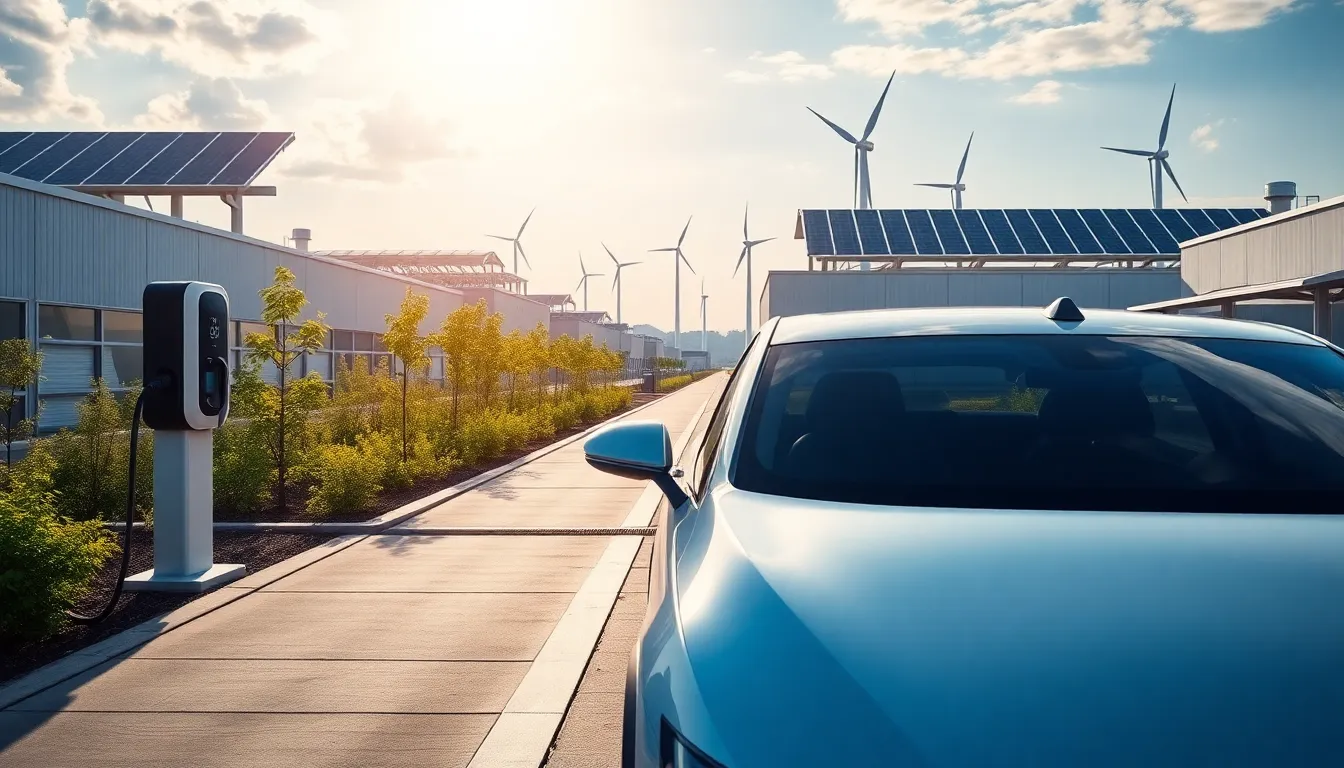
Korean automotive manufacturers have established themselves as pioneers in sustainable mobility answers. We’ve witnessed their commitment to environmental stewardship through aggressive electric vehicle targets and innovative green technologies.
Electric Vehicle Production Goals
Hyundai Motor Group has committed to selling 1.87 million electric vehicles globally by 2030, representing 30% of their total vehicle sales. Genesis plans to become a fully electric luxury brand by 2030, with all new models featuring electric powertrains. Kia’s ambitious Plan S strategy targets 500,000 annual EV sales by 2026, supported by 11 dedicated electric models including the award-winning EV6 and upcoming EV9 SUV.
Investment in electric infrastructure demonstrates Korean manufacturers’ long-term vision, with Hyundai pledging $7.4 billion for EV development and production facilities through 2025. Manufacturing capacity expansion includes new EV-dedicated plants in Georgia and Indonesia. Battery technology partnerships with LG Energy Solution and SK Innovation ensure Korean automakers maintain competitive advantages in electric vehicle performance and range.
Production milestones show rapid progress toward electrification goals, with Hyundai’s IONIQ 5 achieving over 100,000 global sales within 18 months of launch. Kia’s EV6 earned Industry Car of the Year honors while delivering 310 miles of EPA-estimated range. Genesis GV60 luxury electric SUV offers ultra-fast charging capabilities, adding 235 miles of range in just 22 minutes.
Hybrid Technology Advancements
Hyundai’s SmartStream hybrid powertrain technology achieves industry-leading fuel efficiency ratings across multiple vehicle segments. Sonata Hybrid delivers 52 mpg combined EPA rating while providing 192 horsepower of total system output. Tucson Hybrid combines a 1.6-liter turbocharged engine with electric motor assistance for 38 mpg combined fuel economy.
Kia’s parallel hybrid systems optimize performance and efficiency through sophisticated energy management algorithms. Sorento Hybrid SUV achieves 36 mpg combined while seating up to seven passengers comfortably. Niro hybrid lineup includes traditional hybrid, plug-in hybrid, and fully electric variants, giving consumers flexibility in choosing their preferred powertrain.
Advanced hybrid technologies incorporate regenerative braking and predictive energy management to maximize fuel savings during real-industry driving conditions. Genesis hybrid models feature intelligent system coordination that seamlessly transitions between electric and gasoline power. Battery thermal management systems ensure optimal performance across various climate conditions.
Sustainable Manufacturing Practices
Korean automakers operate carbon-neutral manufacturing facilities with renewable energy sources powering production lines. Hyundai’s Ulsan plant generates 20% of its electricity through rooftop solar panels and wind turbines. Kia’s manufacturing facilities use closed-loop water recycling systems that reduce consumption by 40% compared to traditional automotive plants.
Waste reduction initiatives eliminate single-use materials while implementing comprehensive recycling programs throughout the production process. Manufacturing byproducts become raw materials for other industries through circular economy partnerships. Paint shop operations use water-based coatings that reduce volatile organic compound emissions by 60%.
Supply chain sustainability extends environmental leadership beyond Korean manufacturers’ direct operations. Supplier partnerships require adherence to strict environmental standards and carbon footprint reduction targets. Raw material sourcing prioritizes recycled content, with interior plastics containing up to 85% recycled materials in select Genesis and Hyundai models.
Conclusion
Korean automakers have fundamentally reshaped what we expect from modern vehicles. They’ve proven that exceptional quality luxury features and cutting-edge technology don’t require premium price tags.
We’re witnessing a automotive revolution where brands like Hyundai Kia and Genesis consistently outperform traditional competitors in reliability studies warranty coverage and customer satisfaction. Their commitment to innovation extends beyond conventional vehicles into electric and hydrogen technologies positioning them as leaders in sustainable mobility.
The numbers speak for themselves – record-breaking sales impressive safety ratings and growing market share across global markets. Korean manufacturers have successfully challenged the established automotive hierarchy by delivering superior value without compromising on performance or luxury.
For consumers this means more choices better warranties and access to premium features at competitive prices. Korean cars represent the future of automotive excellence where innovation meets affordability.
Frequently Asked Questions
What makes Korean car manufacturers like Hyundai, Kia, and Genesis competitive with luxury brands?
Korean manufacturers offer sophisticated technology, appealing designs, and superior warranty coverage that often outshine German and Japanese competitors. They’ve evolved from budget options to serious luxury contenders, with Genesis competing directly against BMW and Mercedes-Benz while maintaining significantly lower prices and offering premium features like complimentary maintenance and valet service.
How has Genesis established itself in the luxury car market?
Since launching in 2015, Genesis has earned top safety ratings and quality awards while offering luxury features at competitive prices. The G80 sedan matches performance of established luxury competitors but costs significantly less. Genesis vehicles maintain 55-60% of their original value after three years and incorporate advanced biometric systems for enhanced security and personalization.
What warranty advantages do Korean automakers provide?
Korean manufacturers offer industry-leading warranty programs, including a 10-year or 100,000-mile powertrain warranty from both Hyundai and Kia. These warranties are transferable, making Korean vehicles more attractive in the pre-owned market. The comprehensive coverage provides substantial peace of mind and enhances the overall ownership experience compared to traditional luxury brands.
How do Korean car maintenance costs compare to luxury competitors?
Maintenance costs for Hyundai and Kia vehicles are significantly lower than luxury competitors, with routine service expenses reduced by 30-40%. Combined with impressive fuel efficiency ratings from models like the Elantra and Sonata Hybrid, Korean vehicles offer substantially lower operating costs while delivering premium features and reliability that often surpasses traditional rivals.
What is Korean automakers’ strategy for electric and hybrid vehicles?
Hyundai Motor Group aims to sell 1.87 million electric vehicles globally by 2030, with Genesis becoming fully electric by the same year. Kia targets 500,000 annual EV sales by 2026. They’re investing heavily in EV infrastructure, with Hyundai pledging $7.4 billion for development and production. Their vehicles feature fast-charging capabilities and impressive range performance.
How have Korean automakers grown globally?
Hyundai Motor Group achieved record global sales of 7.3 million vehicles in 2023, marking a 6.8% increase. Genesis experienced explosive U.S. growth from 21,233 units in 2019 to over 56,000 in 2023. Korean manufacturers have expanded into emerging markets, established global manufacturing facilities, and built extensive dealer networks while winning prestigious automotive awards.
What advanced technology features do Korean cars offer?
Korean automakers lead in next-generation vehicle systems with cutting-edge infotainment platforms featuring wireless connectivity and sophisticated touchscreens. They offer comprehensive driver assistance through Hyundai SmartSense and Kia Drive Wise technologies, earning top safety ratings. Genesis incorporates biometric systems and luxury electric models that compete directly with Tesla and European premium brands.
What makes Kia’s design approach distinctive?
Kia has evolved from a budget brand to a design powerhouse with bold styling language featuring the signature tiger nose grille. Award-winning models like the Stinger GT and K5 sedan showcase modern aesthetics with innovative interior layouts. The Telluride’s premium cabin and EV6’s futuristic cockpit demonstrate Kia’s commitment to sophisticated design that rivals premium manufacturers.






